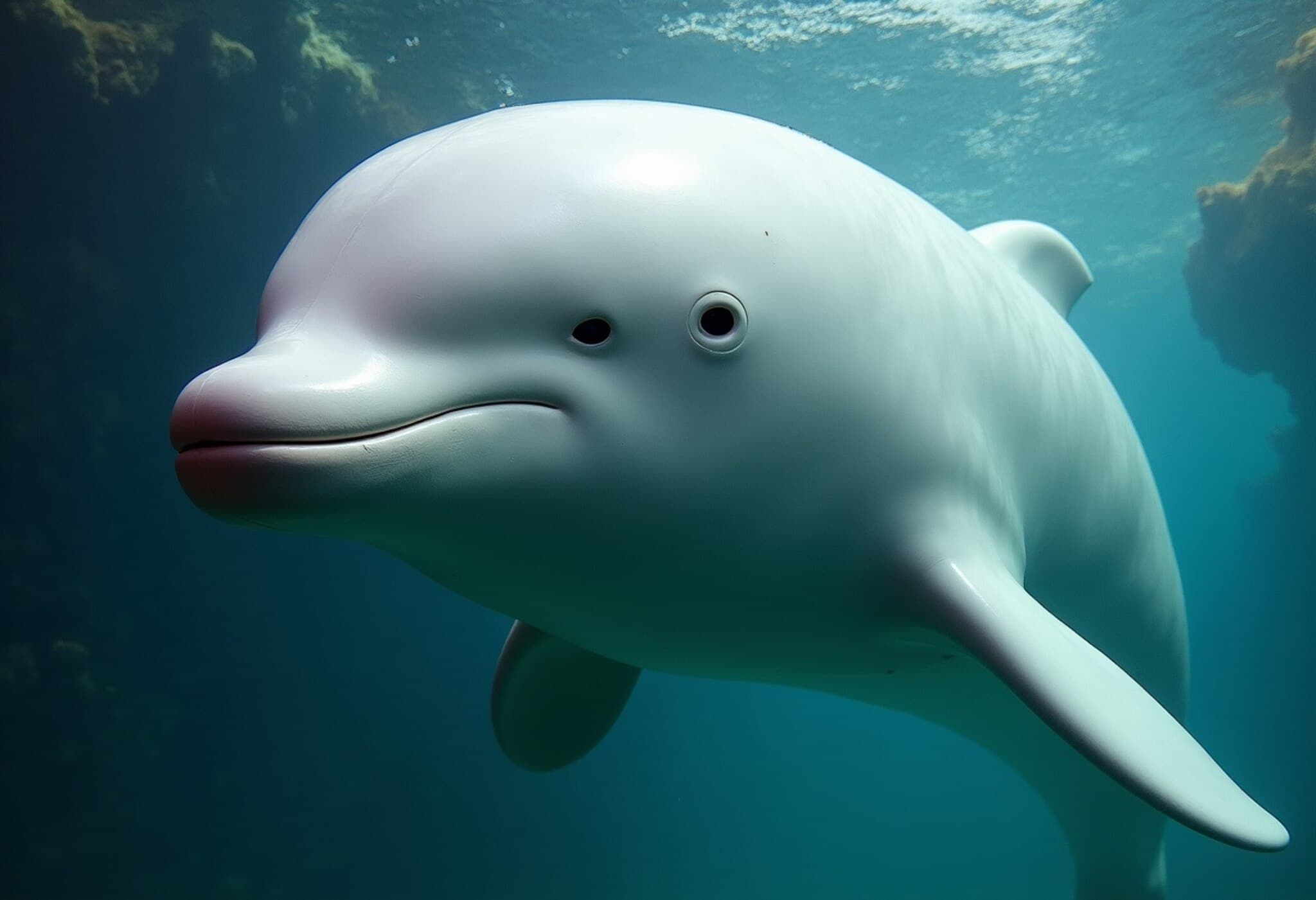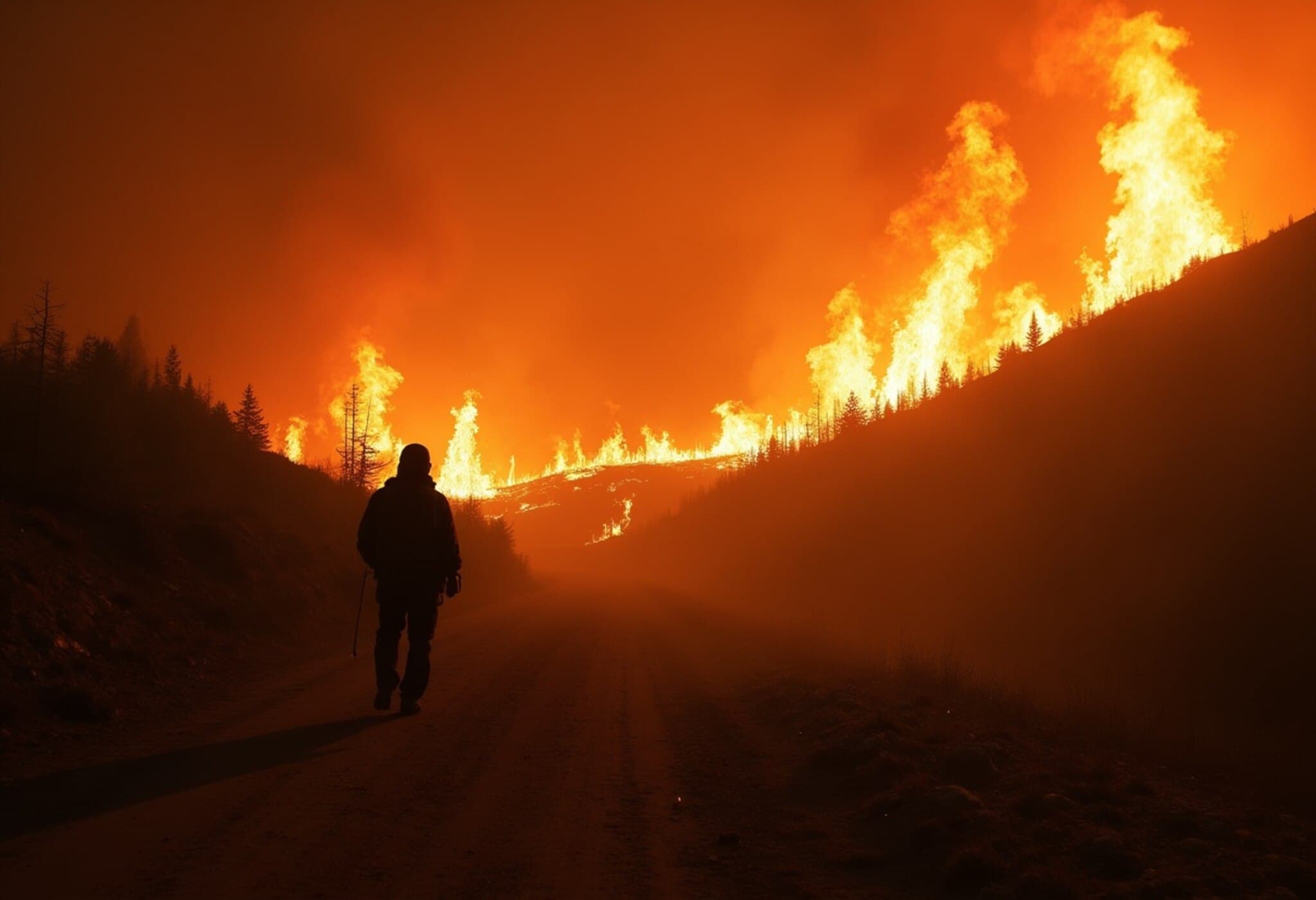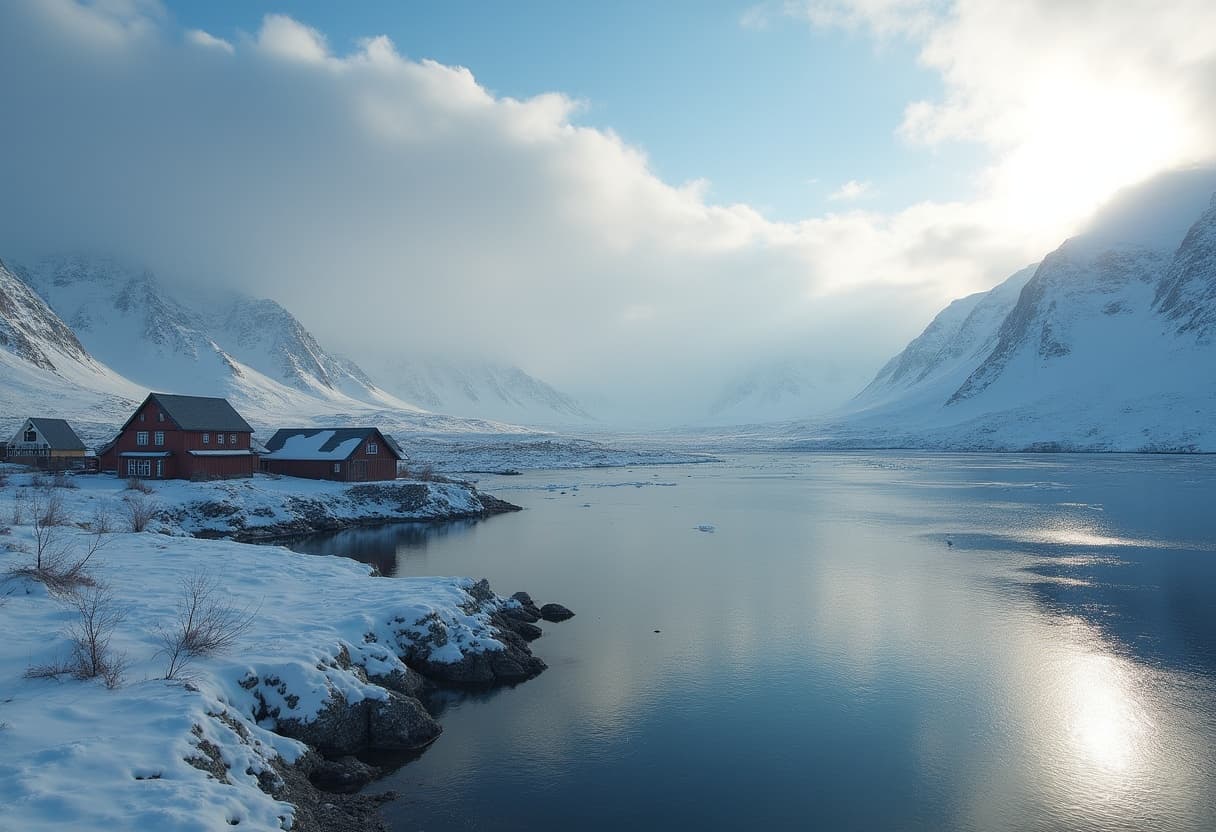Marineland Faces Crisis as Export Ban Puts Beluga Whales’ Lives in Jeopardy
In a heart-wrenching development from Niagara Falls, Ontario, Marineland—a once-thriving marine park famous for its charismatic beluga whales and aquatic shows—has issued a grim ultimatum. Following Canada's refusal to grant an export permit that would allow the transfer of 30 remaining beluga whales to a Chinese aquarium, Marineland has indicated it may be forced to euthanize these cetaceans if emergency government funding is not provided promptly.
The Government’s Stance: Upholding Animal Welfare Laws
Canada’s Fisheries Minister, Joanne Thompson, declined Marineland’s request to export the whales to Chimelong Ocean Kingdom in Zhuhai, China, citing the continuation of captivity and exploitation concerns. She emphasized that permitting such a transfer would contradict the country’s animal protection laws and her personal duty toward the welfare of these marine mammals.
"I could not in good conscience approve an export that would perpetuate the treatment these belugas have endured," Minister Thompson stated, highlighting recent observations about the whales’ deteriorating health conditions.
From Local Landmark to Controversial Legacy
Established in 1961 by Slovenian immigrant John Holer, Marineland blossomed into a sprawling 1,000-acre park featuring choreographed killer whale shows, dolphin performances, and interactive exhibits that once attracted families from across North America. However, over decades, mounting allegations of animal mistreatment and neglect gradually eroded public trust and attendance.
The introduction of the 2019 “Free Willy” bill, formally banning captive breeding and entertainment involving whales and dolphins, further tightened legal constraints, curbing Marineland’s operational abilities, and precipitating its ultimate closure to the public in 2024.
Animal Welfare Experts: The Dilemma of Captive Belugas
Marine biologists and animal advocates emphasize the complexities of releasing captive-bred beluga whales into the wild. These animals typically lack essential survival skills such as hunting and social integration, making reintroduction efforts precarious and often detrimental.
Experts suggest that the best available option lies in specialized marine sanctuaries designed to mimic natural habitats—safe havens where the whales can live free from performance demands. Yet, such facilities remain scarce worldwide.
The Search for Solutions: Sanctuary Proposals and Financial Challenges
- In Nova Scotia, the Whale Sanctuary Project is actively pursuing the establishment of a refuge for retired marine mammals, though it remains in developmental stages.
- A coalition led by Knapp Capital Management from New Jersey has proposed converting the Marineland property into a pioneering inland sanctuary, offering hope for a dignified future for the park’s animals.
Former Marineland walrus trainer Phil Demers, who spent over a decade fighting for improved animal treatment, criticized Marineland’s current threats as blustery tactics born of desperation rather than genuine concern, describing the facility’s infrastructure as antiquated and the park as “a life support system on life support.”
Political and Public Reactions
Local Member of Parliament Chris Bittle condemned Marineland’s approach, describing the ‘money or the whales die’ ultimatum as a stark failure to shoulder accountability for years of mismanagement and neglect. Animal rights groups echo this sentiment, condemning the threat to euthanize as repugnant and underscoring the need for humane alternatives.
The Bigger Picture: Ethical Shifts and Conservation Challenges
Marineland’s predicament reflects a broader societal reckoning with the ethics of keeping intelligent marine mammals in captivity. The growing global movement against such practices underscores shifting public values and regulatory frameworks aiming to prioritize animal welfare over profit-driven entertainment.
Canada’s proactive stance, symbolized by the refusal to enable continued captivity through export, showcases evolving legal commitments to protect marine life, even amidst complex financial and logistical challenges.
Editor’s Note
This unfolding situation raises urgent questions about the responsibility of entertainment venues to the animals in their care and the role of governments in balancing legal protections with practical solutions. How can countries better prepare viable sanctuaries for captive marine mammals? What accountability mechanisms should be strengthened to prevent such crises? The Marineland case is a somber reminder that legislative progress must be coupled with actionable, compassionate strategies to safeguard vulnerable species.



















